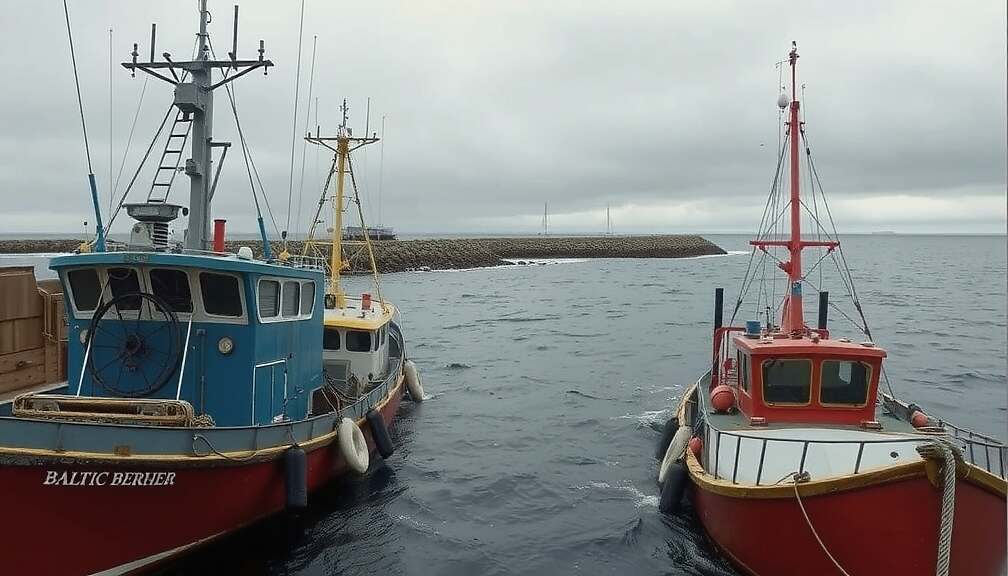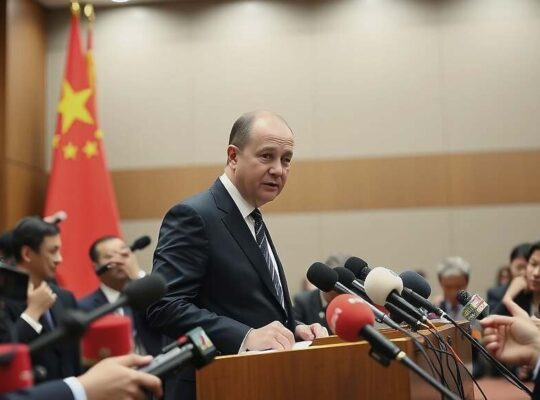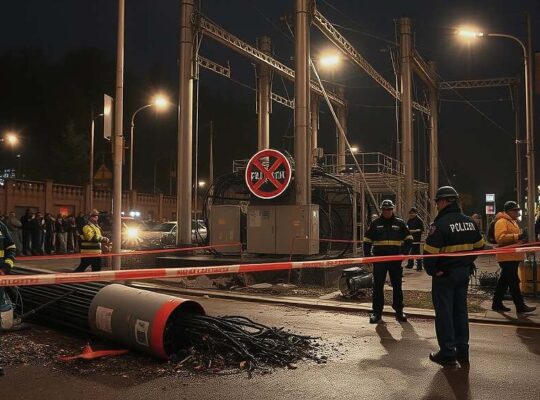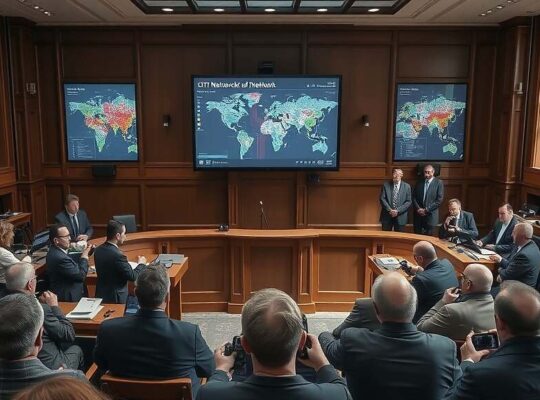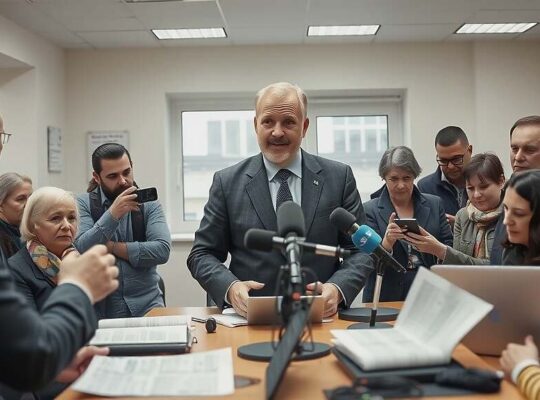Germany has offered a measured response to the European Commission’s proposals for fishing quotas in the Baltic Sea for 2026.
A ministry spokesperson, speaking in Berlin, described the Commission’s document as a preliminary proposal, subject to further negotiation. “These quotas will, as usual, be discussed at EU level and then decided in October by the Council for Agriculture and Fisheries” the spokesperson stated. Germany, they affirmed, consistently advocates for the sustainable management of fish stocks, based on scientific advice.
The country is particularly focused on preventing measures that would unduly impact its coastal fisheries without being demonstrably necessary for stock recovery, specifically concerning herring and cod. The spokesperson highlighted positive steps already taken towards increased sustainability in Baltic Sea fisheries, emphasizing the need for a balanced and fair compromise. This approach, they explained, aims to both preserve the German coastal fishing industry and facilitate the long-term, sustainable recovery of fish stocks.
The Ministry, led by Alois Rainer, is also prioritizing the future viability of the coastal fishing sector. Beyond simply allowing continued fishing activities, the Ministry aims to support the development and adaptation of fishing businesses, acknowledging the broader challenges facing the industry and the declining number of fisheries in Germany.
The EU Commission presented its proposal for fishing opportunities the previous day, proposing significant reductions in catch limits for nearly all species. The plan also raises the possibility of ending a temporary exemption to the fishing ban on herring in the western Baltic Sea. EU Commissioner for Fisheries and Oceans, Costas Kadis, recently described the state of Baltic Sea fish stocks as “poor”.


